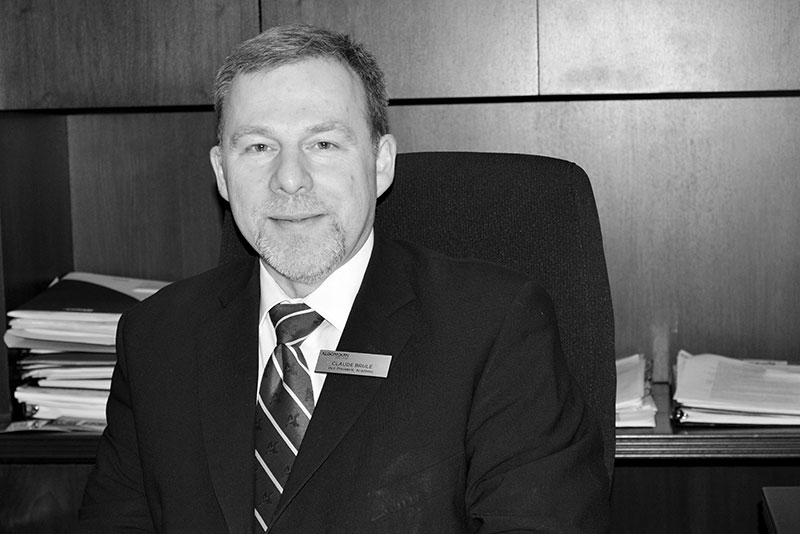
By Matthew Houston
Growing numbers of students no longer have to choose between college and university thanks to articulation agreements Algonquin is promoting.
“University teaches you to think, college teaches you how to do,” said Aileen Black, one of the first students to take part in the joint public relations program between the University of Ottawa and Algonquin.
A five-year program that involves three years of university and two years of college, it is one of Algonquin’s answers to the recent trend of university students attending college after graduation, with the intention to mix university’s focus on theory and the college’s practical approach.
While there is no statistic on the number of university students coming to Algonquin, Claude Brulé, vice-president academic, sees it as a large area of growth in the student population.
“In anticipation of that growth we have developed programs that allow those grads to develop additional skills and marry them with their existing disciplines to be marketable in today’s economy,” Brulé said.
Over the past 10 years, Algonquin has increased the number of Ontario College Graduate Certificate programs, which are available to students who already hold post-secondary credentials, from 11 to 36.
But joint and collaborative programs allow students to get both college and university credentials in one go, usually shaving off a year of studies if one were to pursue them separately.
“These programs allow you to hit the shop floor running, and also allows you to have upward mobility in your career,” Brulé said.
These programs are part of a shift in education that is trying to meet the demands of the modern day student and employer said Joanne Mcdonald, manager of Career Services and Student Activities.
“Education is changing,” she said. “It’s becoming more creative in what it offers. Before you either went to university or college, now there are lots of ways to mix.”
Mcdonald said the university students she sees are typically frustrated with the difficulty of entering the workforce, but Black doesn’t believe her time spent at university was wasted. University helped her to mature and improve her analytical and assessment skills. She hopes it will give her an advantage over those with only college credentials.
But her experience at the college has been much more involved than at university, with her forming relationships with teachers and doing practical projects she will be doing in the workplace later.
In her three years at the University of Ottawa she only had two courses directly related to public relations, the rest were in the broader field of communications.
“University is talked about as very professional, but it is for studying something you like. College is more professional because you take it to get the job,” she said.
While these programs offer multiple credentials once you graduate, Brulé challenges the idea of getting all your education in one go.
“I view all of us as being in a life long career of learning,” he said. “Test things out to appreciate what goes on at the college, get your diploma, enter the workforce and then explore pathways to move up in your career.”


